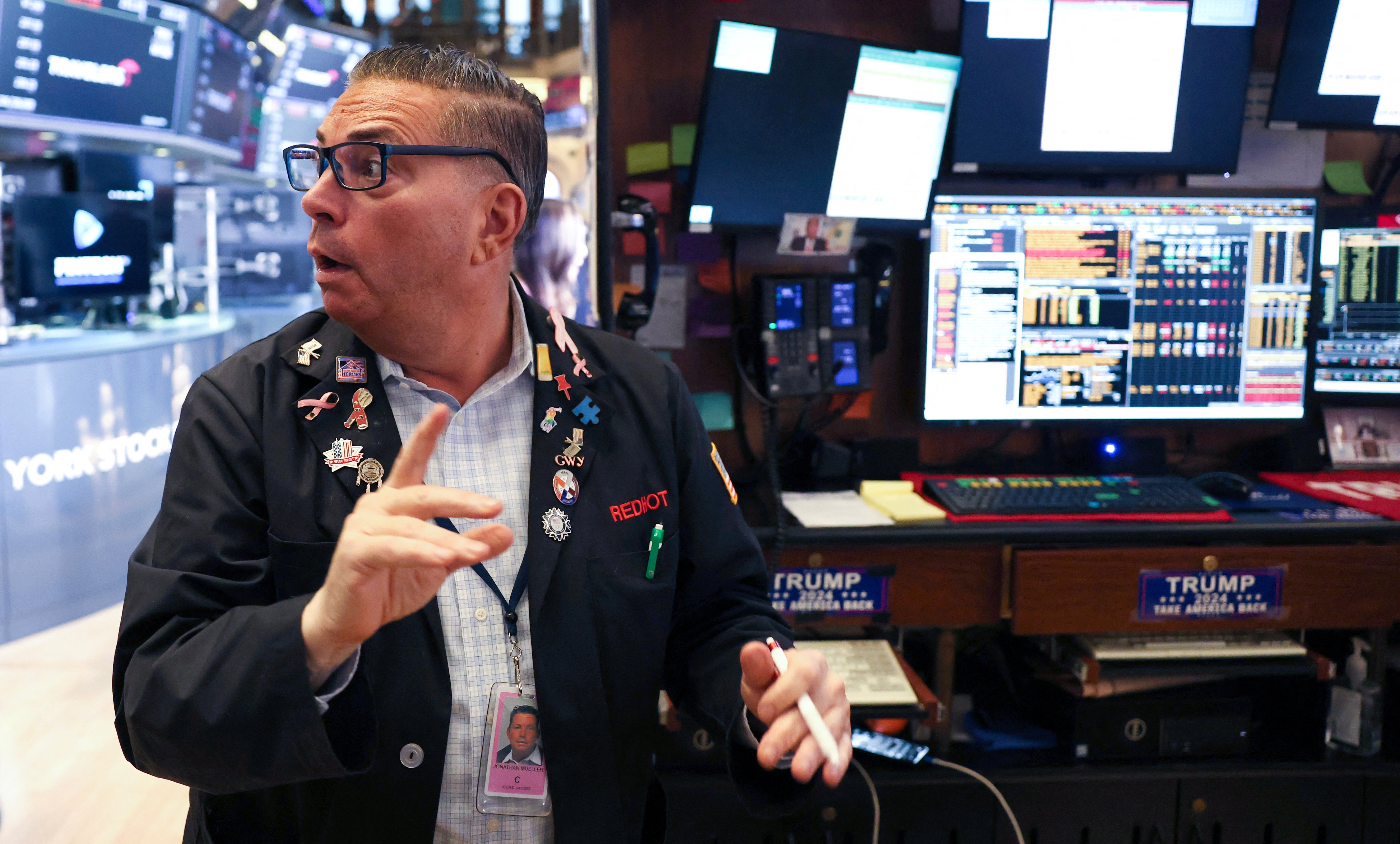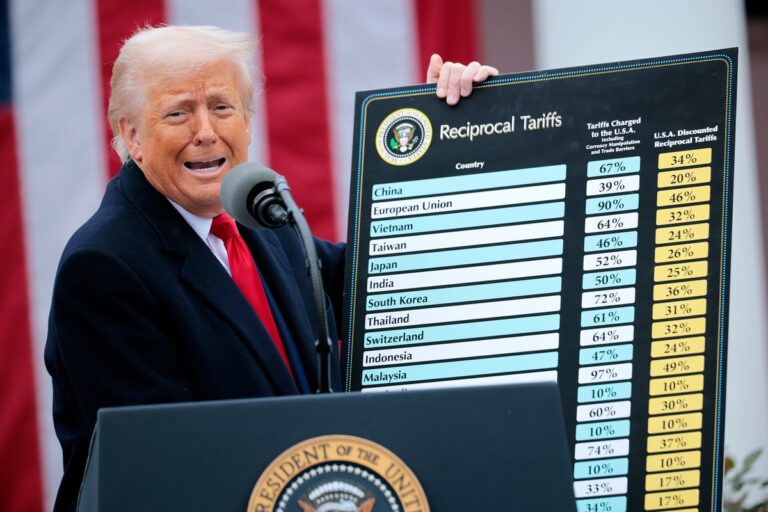Your support helps us to tell the story
From reproductive rights to climate change to Big Tech, The Independent is on the ground when the story is developing. Whether it’s investigating the financials of Elon Musk’s pro-Trump PAC or producing our latest documentary, ‘The A Word’, which shines a light on the American women fighting for reproductive rights, we know how important it is to parse out the facts from the messaging.
At such a critical moment in US history, we need reporters on the ground. Your donation allows us to keep sending journalists to speak to both sides of the story.
The Independent is trusted by Americans across the entire political spectrum. And unlike many other quality news outlets, we choose not to lock Americans out of our reporting and analysis with paywalls. We believe quality journalism should be available to everyone, paid for by those who can afford it.
Your support makes all the difference.
Read more
A renowned economist who co-wrote research used by Donald Trump to justify his aggressive tariff hikes says the White House got it “very wrong”.
University of Chicago Economics Professor Brett Neiman, who was also a Biden administration Treasury official, said the Trump administration wildly overcalculated tariff rates placed on nearly all countries that export to the U.S.
The U.S. Trade Representative released its workings and cited a paper produced by four economists, including Prof Neiman, supposedly supporting its approach.
“But it got it wrong. Very wrong. I disagree fundamentally with the government’s trade policy and approach,” the professor wrote in a guest essay for The New York Times. “Even taking it at face value, our findings suggest the calculated tariffs should be dramatically smaller — perhaps one-fourth as large.”

open image in gallery
Neiman said there are numerous mistakes with the new tariff regime, which has placed tariffs of at least 10 per cent of nearly all exporters to the U.S., and up to 50 per cent on some countries with large trade surpluses.
The sweeping tariffs caused stock market chaos on Monday and led to calls from billionaire allies including Bill Ackman to call for a rethink, but Trump dismissed the turmoil, saying “sometimes you have to take medicine to fix something”.
Neiman said the biggest mistake with the tariffs is the fact that the Office of the Trade Representative said they were calculated at levels that would eliminate trade deficits, because that was not a reasonable goal.
“Trade imbalances between two countries can emerge for many reasons that have nothing to do with protectionism,” he said.
He highlighted the trading relationship with Sri Lanka as an example: Americans spend more on Sri Lankan-made clothing than the South Asian country spends on American drugs and gas turbines, and that reflects differences in development and resources.
“The deficit numbers don’t suggest, let alone prove, unfair competition,” Prof Neiman said.

open image in gallery
While there are some arguments for reducing the overall trade deficit – which is when the value of a country’s imports exceeds the value of its exports – Neiman said it made little sense to apply this on a country-by-country basis.
The economist also pointed out that the reciprocal tariffs would not even achieve this goal, particularly given the broad nature of the changes.
“A large tariff on Japanese auto parts could cause an increase in demand for imports from Mexico and vice versa. And the tariffs clearly invite retaliation and may over time increase the dollar’s value, both factors that would most likely depress US exports,” he said.
Ignoring both of those problems, Neiman said even the calculation used to formulate the tariffs, including the part using the research he co-authored, was incorrect.
Based on the research he conducted with Alberto Cavallo, Gita Gopinath, Jenny Tang, Neiman said they estimated that domestic importers would bear a 95 per cent increase (pass through) in prices: “In simple terms, that implies that the price paid for U.S. imports would rise almost as much as the tariff rate.”
But he said the Trump administration used a different figure to calculate the rate of pass through, using a rate of 25 per cent.
“Where does 25 percent come from? Is it related to our work? I don’t know. The reciprocal tariffs have enormous implications for workers, firms, consumers and stock markets around the globe. But the methodology note offers shockingly few details,” Prof Neiman said.
He said the tariffs should be scrapped entirely, but barring that: “the administration should divide its results by four”.


